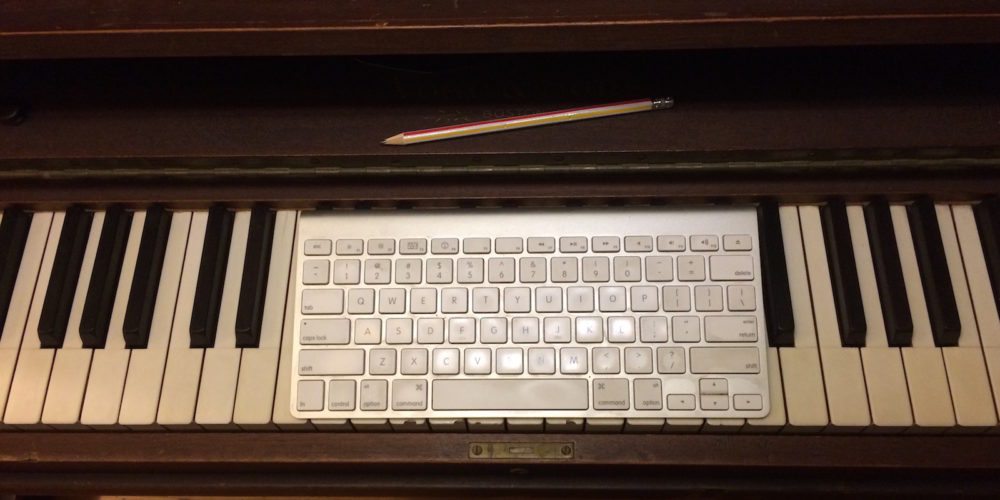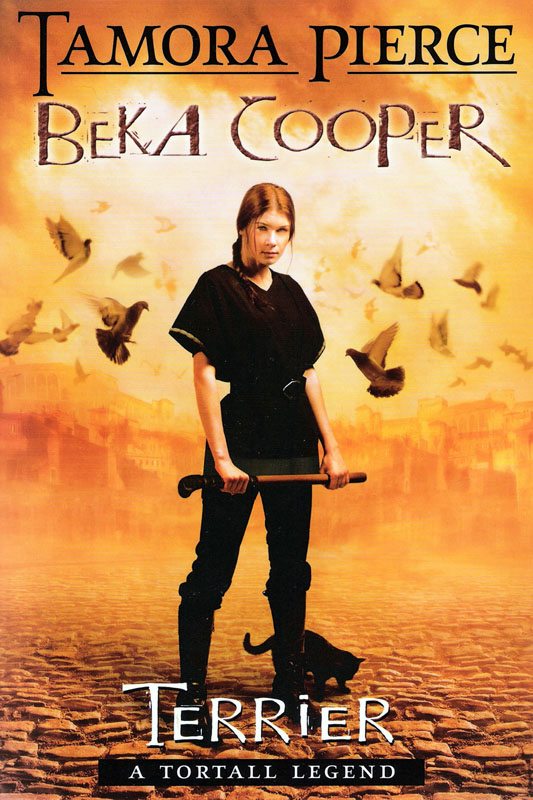
Trick question there. ALL music learning is good. However, as a teacher of both live and digital music, I wonder which is best overall? Is using a combination pandering to the modern age or utilizing every tool for creativity? There is no doubt that our brains are wired for music; in research studies, the ties between language and music in our species are so complex and intertwined it is difficult to separate their evolution. However, last year MIT scientists were able to isolate some selective sections of the brain that were entirely devoted to music, noting, “An important question for the future will be how this system arises in development: how early it is found in infancy or childhood, and how dependent it is on experience?”
My question is what kind of musical experience? First, I’d like to note that I am not asking the question “digital versus analog.” Both are electronic: analog has variations in its signals, while digital is binary. Instead, I use the term “live” because I mean singing or learning an instrument versus creating music on a computer or utilizing digital devices to teach musical concepts. Technology is certainly used in the administrative side of music education. But as a parent, is it worth fighting with a child to practice their piano when they would rather create beats on their software computer program? If you look to science, the answer is yes; long-term music lessons are totally worth it on so many levels. Here’s a quick video about how making music positively affects all areas of brain development:
Touching, manipulating, minutely adjusting to a non-plastic instrument is NOT the same as playing a digital version, no matter how fancy that electronic cello is. The aural depth and variations in live tone are part of the amazing brain stimulating process. There are numerous studies on hand-eye coordination with reading and playing music at the same time. Playing a wind instrument, including voice, is fantastic for breath control, core muscle development, and posture. Drummers get a full body workout. And fine-motor skills improve no matter what instrument you pick up.
On the digital side, there are also studies that show improved hand-eye coordination with video games (which could apply to using computer-based music software). Many musicians use digital sheet music instead of paper for practicality while traveling, and with devices that “turn” pages with a foot pedal, the convenience is obvious. The use of earphones and volume control on electronic instruments is hard to beat for those living in cities or dorm rooms. Plus, the affordability of electronic keyboards, for example, makes music education available for more kids–which is most important.
The lines are blurring. There are “real” instruments with computers inside or ways to link to an amplification or computer system. Singing in a choir or playing in a band provides a social and emotional growth that cannot be recreated digitally. But adding the options of virtual choirs and live jamming through software are new tools for music educators or students who do not have access to traditional music education. Music apps are all over the place for usefulness. Handing out real percussion instruments to my preschool music class is going to benefit them much more than having them poke a “drum” on their iPads. But using video games to help memorize the names of notes on the musical staff for home practice is more effective than flash cards.
What about creativity? Many music students assume you have to be “gifted” or have something special to write their own music. This is not true! Like creative writing of any kind, it takes practice. And it needs to be fun. I include composing as a way to teach theory to all my music students. Everyone realizes quickly that they do have something to say musically, and when that spark is lit, they often write more than I ask. But with modern-day kids, there is nothing like dragging a bunch of GarageBand loops and playing around the computer to create something that sounds like it could be on the radio. Using pre-recorded musical loops is like creating an artistic collage. I have yet to find its equivalent in the “live” world. In my electronic music classes, we pick apart recorded music to learn how to recreate it. This takes incredible listening and concentration skills. Even though each child might be on their own computer, we always hear and critique work throughout the process, or collaborate. And what would life be like without music notation software for composers? I write my drafts with paper and pencil then enter them into the computer. At that point I can listen to all the parts, edit for years to come, print out copies for students, share over the internet, easily make sound files for each student’s part for practice, and more.
This comprehensive article looks at music education and technology in the classroom setting. “In a second-order meta-analysis of 40 years of educational research that has examined the differences between traditional and technology-enabled instruction, Tamim, Bernard, Borokhovski, Abrami, and Schmid (2011) found a small to moderate increase in achievement for students who used technology. However, teachers in all disciplines appear to be challenged when attempting to incorporate technology into student learning experiences, citing a lack of computers, inadequate technical support, and insufficient professional development as barriers to its integration (National Education Association, 2008).”
In my conclusion, I have a hard time making a conclusion on whether live or digital music education is better. Having a child sit in front of a computer composing music alone is not going to give the breadth of cognitive, physical, and emotional benefits from playing a living instrument, especially in a group setting. However, all music, especially actively creating it, will improve children’s lives. For music educators, electronic tools can make our work easier, practice more fun for students, and gives more options for children with different needs. As a parent, I told my kids they had to take piano lessons until they were ten and then they could quit altogether or choose a different instrument. Both of them quit piano but stuck with music–my son focusing on voice and my daughter learning drum-set and then steel drum. Along the way, they both learned how to use our computer for recording live music and using GarageBand to compose.
Live musical interaction can be a balm for our children’s increasingly digital lives, but we also need to accept that technology can offer options that can enhance music for all.




You might find my virtual traditional Irish musical instrument apps interesting. They are designed to provide the experience of playing these specialized instruments with the skills transferring over to the real ones later, at a tiny fraction of the cost of the real instruments… http://AppCordions.com
Superb Article!
One aspect to making music (and learning to make music) that I consider important is that it’s actually a physical thing. Humans are, amongst other things, physical creatures: we use our hands to shape the world, we use our body to feel it. I think that particularly in learning to make music, having that physical access gives it distinct qualities and ways to learn that, say, math will never ever have open to them. Some type of instruments even make the player a central part of generating tone (say, wind instruments) and that’s also a rather sensuous and intimate encounter with tones and music.
That, to me, determined how I approach music education for my kids.
Interesting article. There is no digital piano that compares to the real feel and sound of a real one. There is a passion that can not be met with computers. Digital music is fun and as you mentioned can be great for learning notes instead of flash cards, but to really connect with an instrument means it has to be real. And in the end digital drumming, etc are fabrications of sounds. I like the real thing.
Any kind of education makes us better but I feel a bit strange about what’s going on with academic education these days. I mean, I just don’t understand why do students have to waste so much time writing essays while basically, it’s a useless thing in most cases. At least these days services like https://paperap.com/grade-my-paper/ are available and it makes students’ life a bit easier.